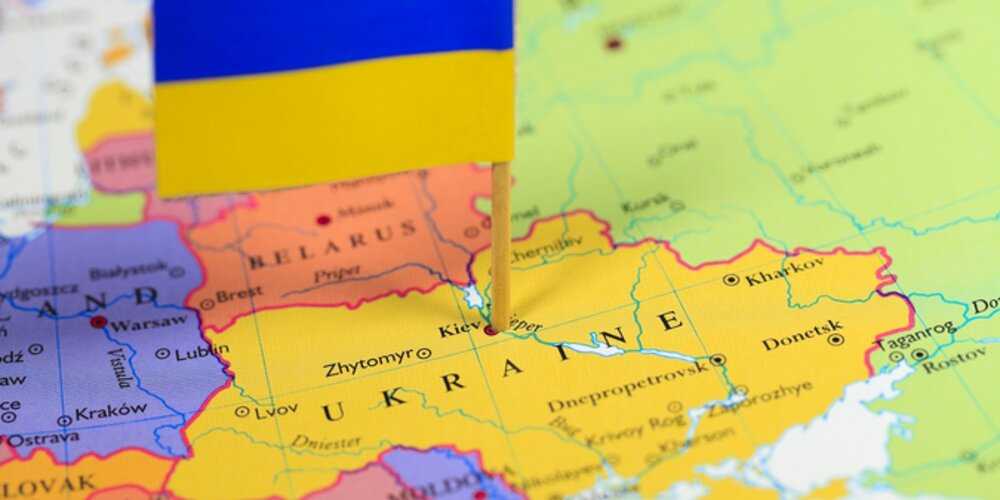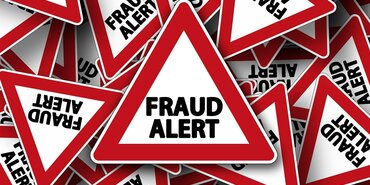Ask the Editor

This is an interesting question. Since the invasion of Ukraine, countries around the world have introduced many sanctions at record speeds. It is sometimes difficult to keep up.
First, you need to check which sanctions apply to you. You need to consider issues such as:
• Where am I physically based?
• Where is my company registered?
• Do we have any offices in other countries that could affect this office?
• Do we have any foreign staff members subject to different sanction regimes? For example, US sanctions can apply to US citizens no matter where they are based, even when outside of the USA.
You need to check whether your principal or any other company in the proposed transaction are listed in any sanction regime that affects your company or staff. This can be done by checking the relevant government websites or by signing up to third party service providers that perform checks on your behalf.
As a starting point, in the UK the government website contains a sanctions list here: https://www.gov.uk/ government/publications/the-uk-sanctions-list. In the USA you should look at the US Government’s OFAC SDN list https://home.treasury.gov/policy-issues/financial-sanctions/specially-designated-nationals-andblocked- persons-list-sdn-human-readable-lists.
As well as named individuals and entities you may also need to look at the type of trade itself. For example in early March the US banned the import of Russian crude oil, LNG and coal. Military equipment or “dual use” goods should also be a red flag.
Second, the principals to the fixture or deal will also have their own duty to check their own position regarding sanctions. They should not rely on your checks. Your checks should be for your own position which may well be different to your principals who could be based in different jurisdictions. It is not your job as a broker to provide sanctions advice to your principal. They should take their own legal advice.
In reality, dealing with Russian entities whether or not they are sanctioned may lead to issues with payments of commission as there is a chance that the Russian banks involved in the deal may themselves be sanctioned or subject to prohibitions.
Ultimately, the best way to protect yourself is to obtain specialist sanction advice from a law firm in your jurisdiction in respect of the specific deal you are thinking about entering into.
Please continue to send in your questions – we are enjoying them. You can email us at askeditorCR@thomasmiller.com
- Date
- 28/04/2022





